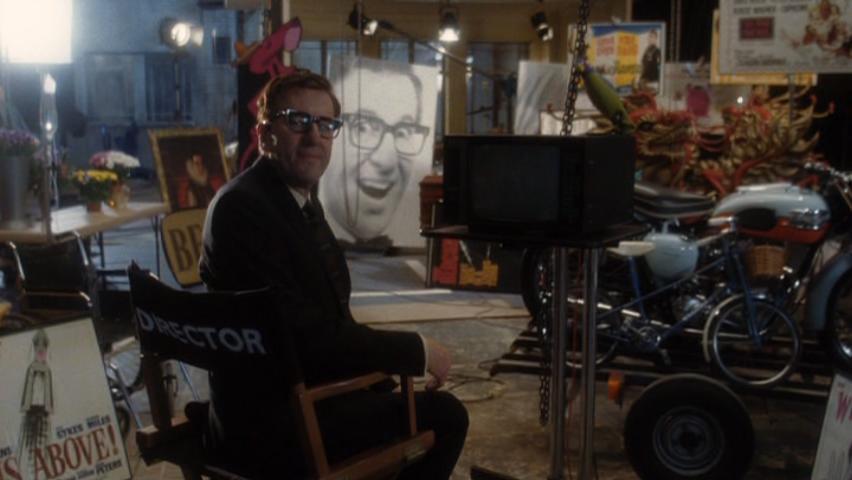| Emmy Award Nominations and Winners: |
| Best TV Movie or Miniseries |
| ★ | Best Director (Movie/Miniseries): Stephen Hopkins |
| ★ | Best Actor (Movie/Miniseries): Geoffrey Rush |
| Best Supporting Actress (Movie/Miniseries): Charlize Theron |
| Best Casting (Movie/Miniseries): Nina Gold |
| ★ | Best Screenplay (Movie/Miniseries): Christopher Markus & Stephen McFeely |
| ★ | Best Cinematography (Movie/Miniseries): Peter Levy |
| Best Art Direction (Movie/Miniseries): Norman Garwood, et al. |
| Best Costume Design (Movie/Miniseries): Jill Taylor & Charlotte Sewell |
| ★ | Best Film Editing (Movie/Miniseries): John Smith |
| Best Main Title Design: Andrew White, John Sunter, Paul Donnellon, and David Z. Obadiah |
| Best Sound Mixing (Movie/Miniseries): Simon Kaye, Rich Ash, and Adam Jenkins |
| ★ | Best Sound Editing (Movie/Miniseries): Tim Hands, et al. |
| ★ | Best Visual Effects (Movie/Miniseries): Joe Pavlo, et al. |
| ★ | Best Makeup, Prosthetic (Movie/Miniseries): Wesley Wofford & Davy Jones |
| ★ | Best Hairstyling (Movie/Miniseries): Veronica McAleer, Enzo Angileri, and Ashley Johnson |
|
| Golden Globe Nominations: |
| ★ | Best TV Movie/Miniseries |
| ★ | Best Actor (TV Movie/Miniseries): Geoffrey Rush |
| Best Supporting Actress (TV Series/Movie/Miniseries): Charlize Theron |
| Best Supporting Actress (TV Series/Movie/Miniseries): Emily Watson |



